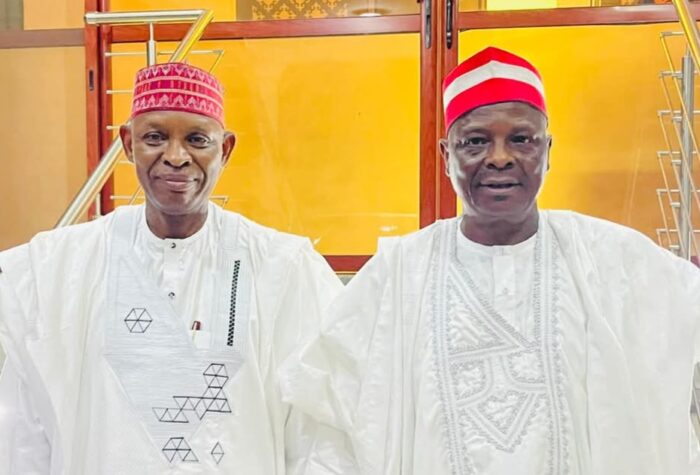The recent uproar sparked by a viral video from Al Jazeera criticizing the blockbuster film ‘Oppenheimer’ has reignited a global conversation on historical accountability. Directed by Christopher Nolan, the movie delves into the development of the atomic bomb, a pivotal moment in history. However, its release in Japan has stirred controversy for its alleged failure to address the U.S.’s decision to bomb Hiroshima and Nagasaki during World War II.
The film’s portrayal, or lack thereof, of these events as potential war crimes has drawn sharp criticism, with many arguing that it perpetuates a narrative of the war as a ‘good war’ while glossing over the human cost of the bombings. Historian Naoko Wake and others have pointed to a broader American reluctance to confront the darker aspects of its wartime actions, leading to a renewed examination of historical narratives and national responsibility.
Social media platforms like X have been ablaze with debate, with the video garnering millions of views in a short span of time. While some have accused the film of historical whitewashing, others have highlighted Japan’s own struggles with acknowledging its wartime atrocities, such as the Nanjing Massacre and inhumane experiments on prisoners of war. This divide underscores the complexities of historical memory and the challenges in presenting a balanced view of past atrocities.
The controversy surrounding ‘Oppenheimer’ serves as a poignant reminder of the ongoing tensions between national pride and historical truth. As discussions unfold, it becomes clear that the film’s reception in Japan is just one piece of a larger puzzle on how nations grapple with their pasts. The debate over ‘Oppenheimer’ prompts us to confront uncomfortable truths and acknowledge the enduring pain and complexity of events like Hiroshima and Nagasaki, urging us to strive for a more nuanced understanding of our collective history.



